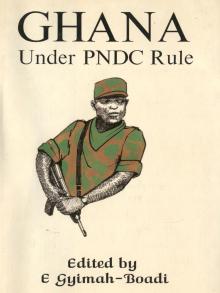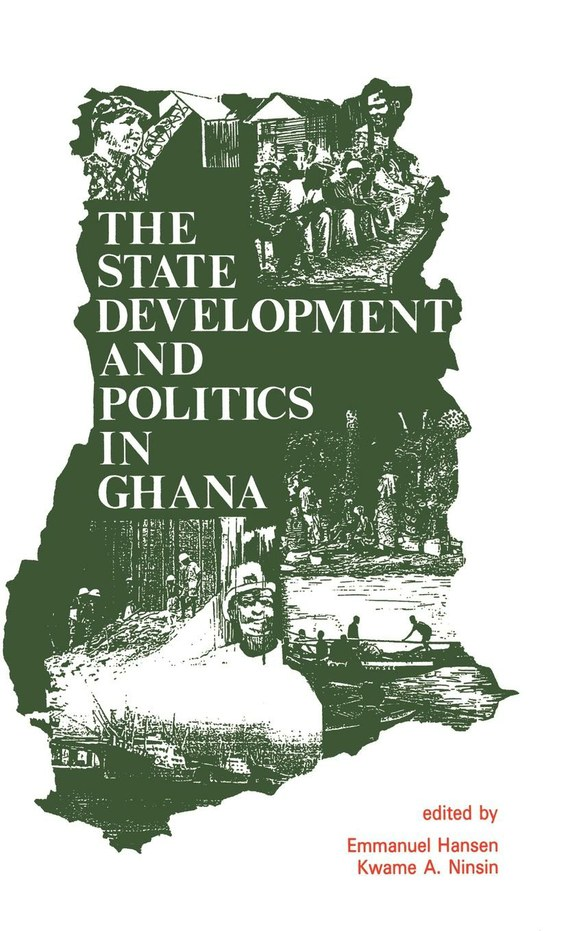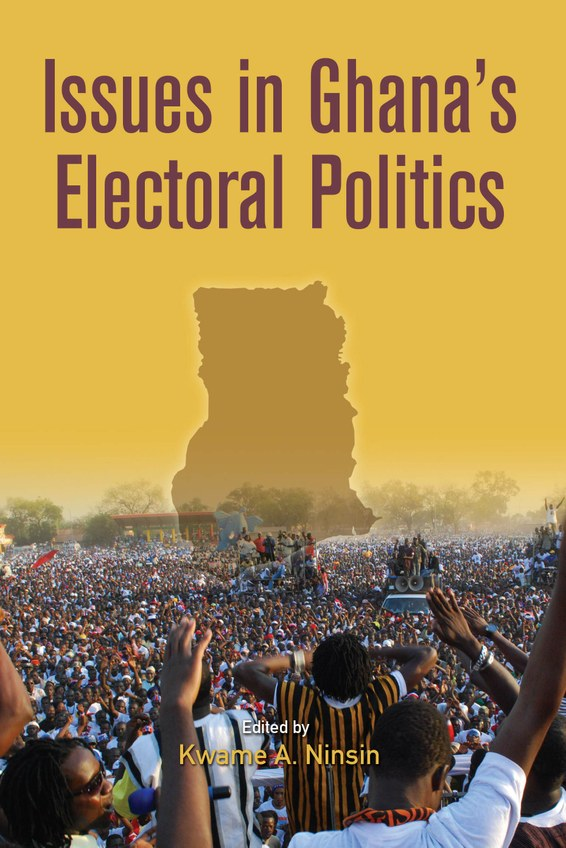Ghana: One Decade of the Liberal State (Printed)
Ghana: One Decade of the Liberal State (Printed)
« This is a ground-breaking, nuanced and comprehensive book that grapples with how developing countries in general and Ghana in particular have endured and responded to a decade of neo-liberal ascendancy. Based on astute research, experiences and analysis, the book offers penetrating commentaries on recent socio-economic and political developments in Ghana. A « must-read » collection of excellent and stimulating ideas. » Mohamed Salih, Professor of Politics of Development, University of Leiden and the Institute of Social Studies, The Netherlands « This, the first book-length assessment of the latest experiment in liberal democracy in Ghana, is a timely study. It shows in an admirable way both the progress and the still existing shortcomings in the institutionalization of liberal democracy and will undoubtedly attract a wide readership in academic and policy-making circles. » Ghana has witnessed a « revolution through the ballot box » since its return to constitutional rule in 1993. Yet this period of sustained democratic government in an era of globalization and liberal triumphalism has brought with it new demands. How has Ghana faced up to the problems of institution-building, state-market relations and democratic leadership? Can it deal with the challenges posed by security, human rights and foreign policy in the twenty-first century? This unique collection interrogates all these issues and assesses the future of the democratic experiment in one of sub-Saharan Africa’s rare « islands of peace ». In doing so, it provides an invaluable guide to Ghana’s political past, present and future.





